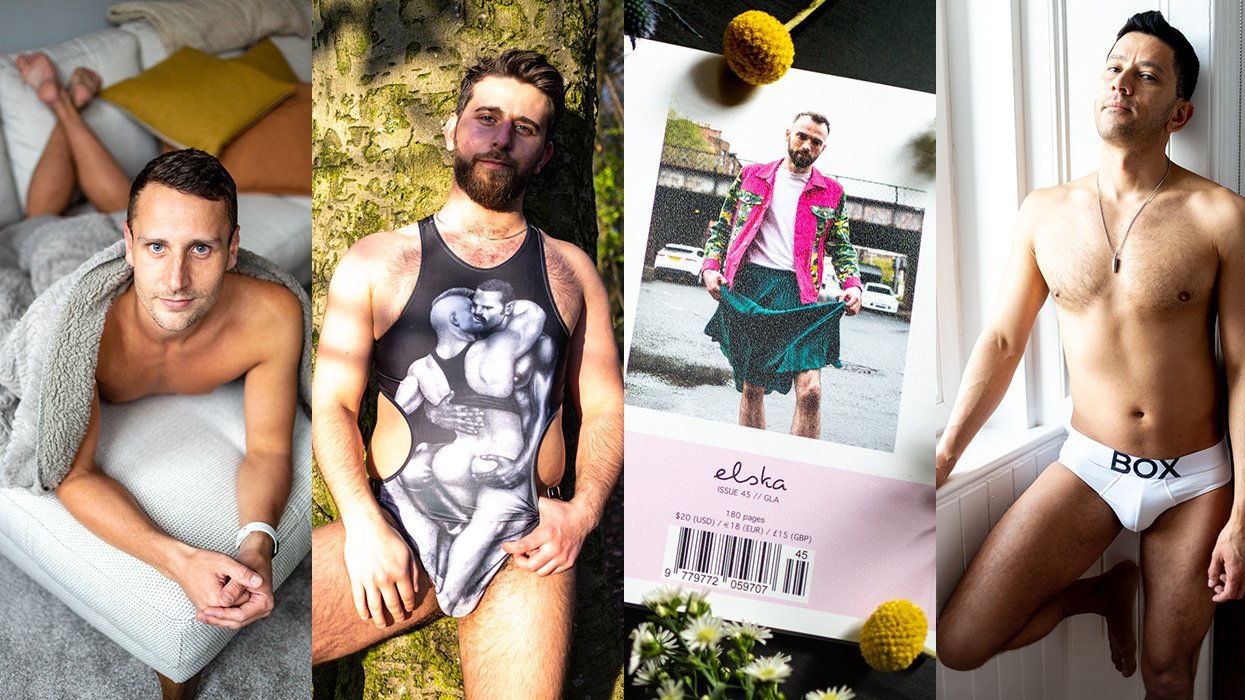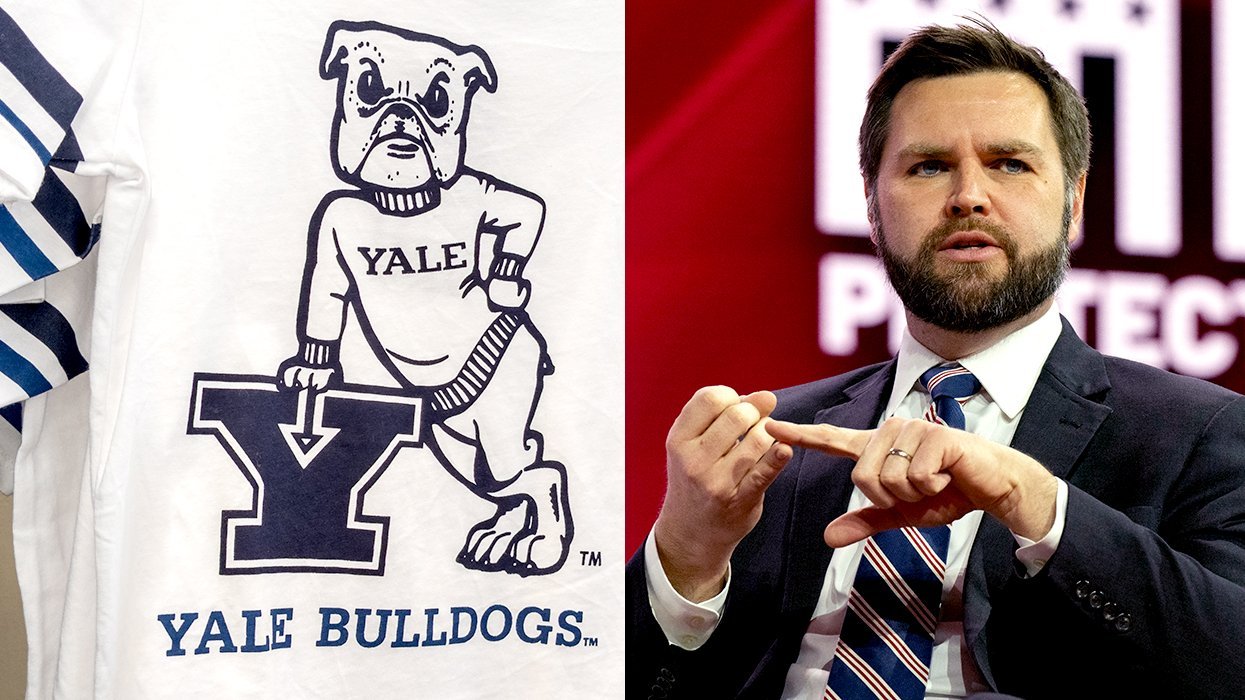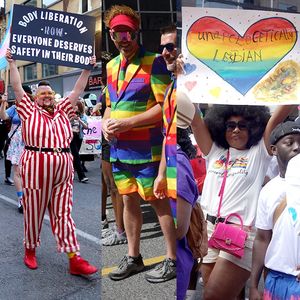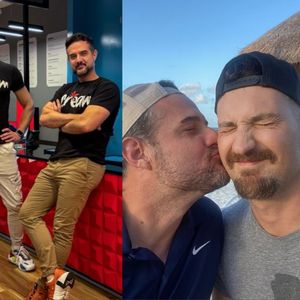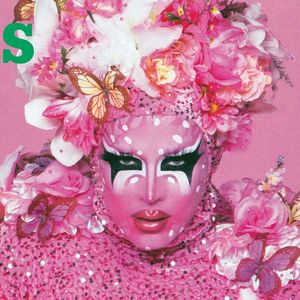In the Muslim
north of Nigeria, Bisi Alimi could be stoned to death for
having gay sex. In the south, he could face three years in
prison. Now, a proposed law would make it illegal even
to share a meal at a cafe with gay friends. The
proposal under debate in Nigeria's house of
representatives would outlaw not just same-sex marriages but
any form of association between gay people, social or
otherwise, and publication of any materials deemed to
promote a ''same-sex amorous relationship.''
Anyone attending
a meeting among gay people, even two friends in a
private house, could receive a sentence of five years under
the act. Engaging in homosexual acts is already
illegal in Nigeria, with those convicted facing jail
terms in the south and execution in the north. Few in
Nigeria's deeply closeted gay community are publicly
opposing the bill, and it is widely expected to pass.
''This meeting,
right here, would be illegal,'' says activist Alimi,
stabbing the air with a french fry for emphasis as he sits
at a table with three gay friends and a reporter. ''We
could be arrested for talking about this. You could be
arrested for writing about us.''
Other activities
specifically prohibited under the proposed law include
participating in gay clubs or reading books, watching films,
or accessing Internet sites that ''promote''
homosexuality.
Alimi's been
trying to drum up united opposition to the legislation but
says Nigeria's gay community is so far underground and the
subject is so taboo that it's been difficult. The
27-year-old activist is one of few openly gay
Nigerians, having been ''outed'' by a university newspaper
three years ago. None of his companions have told their
families they are attracted to men. Because of the
risk of arrest, beatings, or even death, they
requested that only first names be used for this article.
''A few of my
best friends know, but I don't have the courage to tell my
parents,'' 23-year-old medical student Ipadeola says.
''I don't tell
people because it is none of their business,'' says
Mukajuloa, a 21-year-old beautician. ''Do heterosexual men
go around telling the world they are attracted to
women?''
Haruna Yerima, a
member of Nigeria's house of representatives, portrays
the legislation as aimed at stamping out something already
well under control. ''It's not really such a big
problem in Nigeria; we just want to prevent such
occurrences [same-sex marriages] from happening here,'' he
says.
Yerima said he
approved of the bans on films and books because they could
be used to ''make such practices popular.'' Even social
contact between gays should be limited, he said,
because it might encourage behavior that was ''against
our culture...against our religion.''
Alimi's friends
say the bill will make a difficult life even more
dangerous. Families already often cast out gay children, and
neighbors turn against gay friends. Civil rights
organizations and human rights lawyers have said that
the bill could also be used to deny legal
representation to gay people who have been arrested.
Attitudes toward
gays in Nigeria are typical of those across the
continent. In neighboring Cameroon, Amnesty International
says accusations of homosexuality and antigay laws
have been used as a weapon against political
opponents. South Africa legalized same-sex marriages
last month in fiercely debated legislation, making it the
only country on the continent to do so. But the
impetus was more a desire to stamp out all forms of
discrimination in reaction to apartheid than tolerance of
gays, who are subject to prejudice and violence in South
Africa.
The hostility in
Nigeria means that there are very few gay or lesbian
organizations there. Oludare ''Erelu'' Odumuye--the
nickname means ''queen mother'' in Yoruba--heads
one, Alliance Rights. Odumuye says he has been
harassed in the street and detained by police accusing him
of promoting homosexuality and running an unregistered
organization. ''That bill would criminalize me if it
was passed into law. It would criminalize my
organization, it would criminalize my friends,'' he says.
Thousands of
people access health services, gather information, or meet
through Alliance Rights, Odumuye says. To avoid harassment,
they have no set membership list and their buildings
are not in town centers or identified by signs.
Visitors find them through word-of-mouth, Odumuye
says. To give an idea of their size, he says the group
received more than 1,500 responses to a recent health
survey among gay Nigerians.
Odumuye argues
that the bill is aimed at pleasing the ruling party's
political base--which includes powerful religious
groups--ahead of the April election. Nigerian
Anglicans split with the American Episcopal Church
over the ordination of a gay bishop, and many in the country
say they want to prevent anything similar to the South
African legislation.
But Akin Marinho,
a Nigerian human rights lawyer, says that bill's
prohibitions are illegal under Nigeria's constitution and
international treaty obligations. Not only does the
bill affect freedoms of speech and expression, but
foreign companies could face lawsuits if gay or lesbian
staff members are unable to take up positions in Nigeria, he
says.
''It's a civil
liberties issue as well as a gay rights issue,'' Marinho
says. ''Under this bill, anyone watching Brokeback
Mountain or even Will & Grace could be
prosecuted.... It could also infringe on lawyer-client
relations,'' he says, pointing out that the vague
wording of the bill could interpret a meeting between
a gay client and a lawyer as a meeting designed to
promote same-sex relationships.
Even some
conservative religious leaders say the bill goes too far.
Though Bishop Joseph Ojo, who presides over the congregation
at the evangelical Calvary Kingdom Church, says gay
relationships are ''foreign to Africans'' and should
be outlawed, he adds that gays should ''have freedom
of speech and expression.''
Nigerians have
been publicly flogged, exhibited before the press naked,
or beaten severely in prison after being charged with
homosexuality. Alimi's companions say they're wary of
voicing too much opposition to the new law out of fear
of arrest. Death sentences have been meted out in the
north, though no one has yet been executed.
''There is a lot
of ignorance, and that is why people are afraid,'' Alimi
says. ''But we are not willing to come out and say, Yes, I
am gay. Here I am. I am human too.'' (AP)










